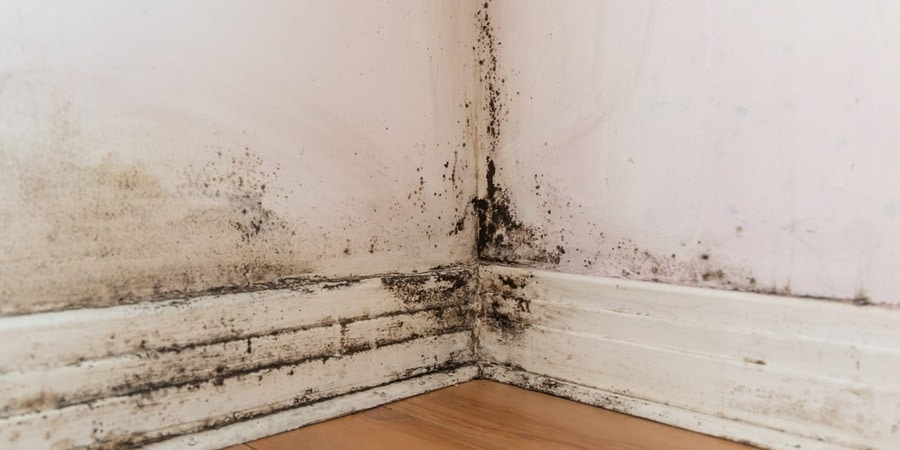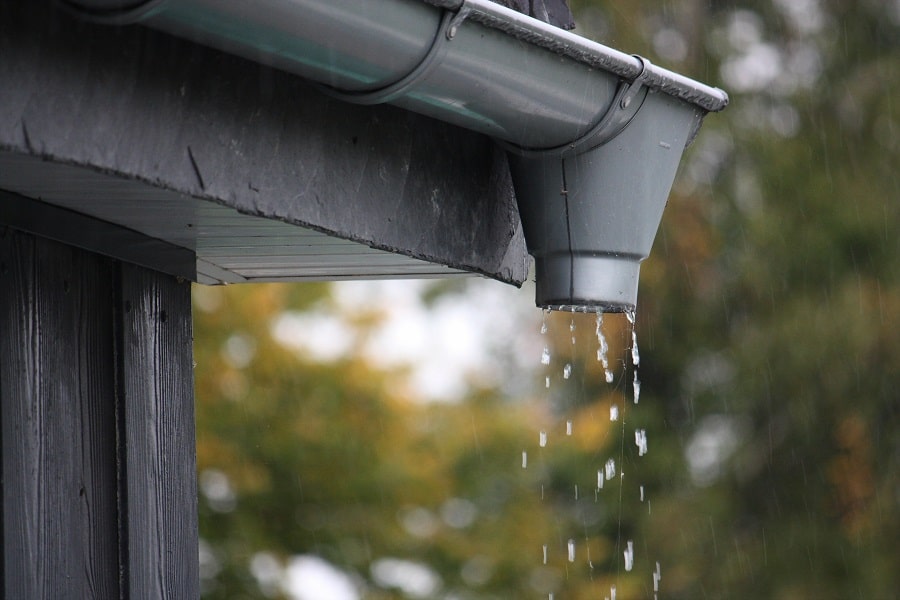The foundation of a home is its bedrock, not just in a literal sense but also as a metaphor for its safety and stability. Often overlooked, the health of your home’s foundation is crucial for the structural integrity of any building, directly impacting its durability and the safety of its inhabitants. Misconceptions about foundation safety abound, leading many to underestimate the importance of regular checks and maintenance. This post aims to shed light on various aspects of foundation safety, guiding homeowners in evaluating the state of their own home’s foundation. Understanding your home’s foundation is the first step toward ensuring a safe and secure living environment.
Different Types of Foundations
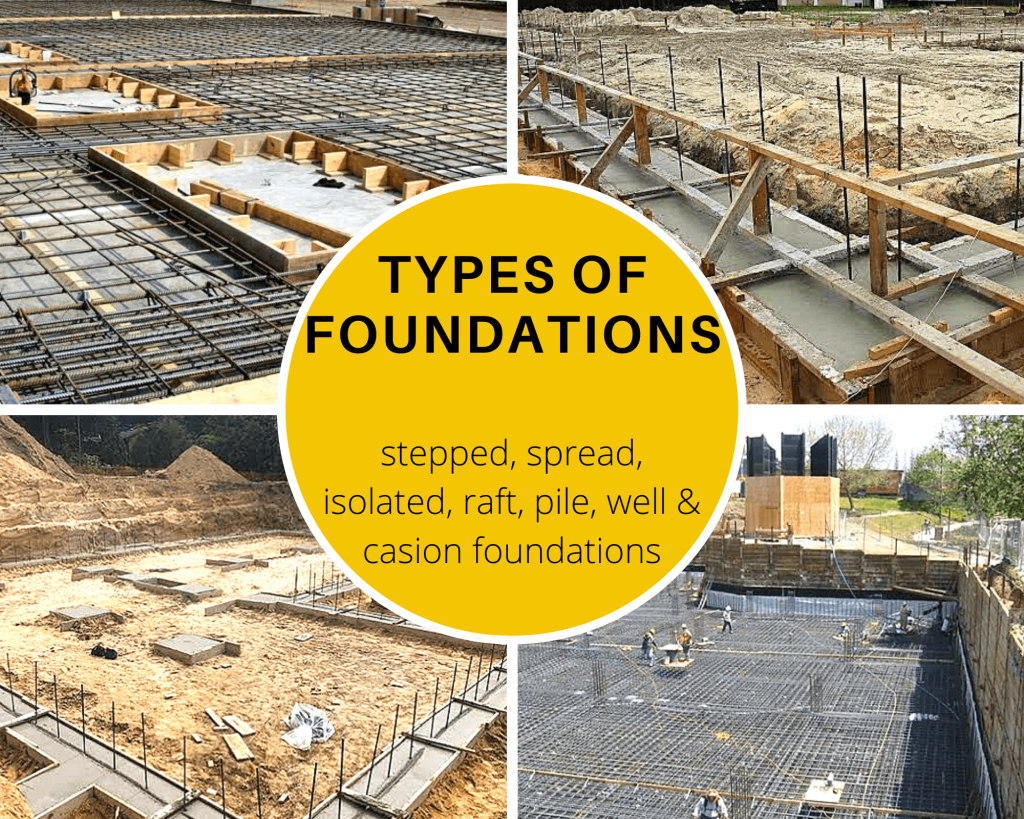
Different types of foundations serve various structural needs, each with its unique set of benefits and potential vulnerabilities. Slab foundations, common in warmer climates, offer the advantage of minimal excavation but can be susceptible to shifting soils. Crawl space foundations, elevated above the ground, provide easy access to utilities but can suffer from moisture issues if not properly ventilated. Basement foundations, offering additional living or storage space, are prone to water infiltration if not correctly waterproofed.
The choice of foundation type affects a home’s resilience to environmental factors and requires specific maintenance strategies. For instance, slab foundations may crack due to soil expansion or contraction, requiring regular monitoring for signs of distress. Crawl spaces must be kept dry to prevent mold and wood rot, necessitating proper ventilation and moisture barriers. Basements, while valuable for extra space, demand rigorous waterproofing measures to fend off potential water damage. Understanding the specific vulnerabilities associated with each foundation type is crucial for maintaining the structural integrity of your home.
Common Signs of Foundation Problems
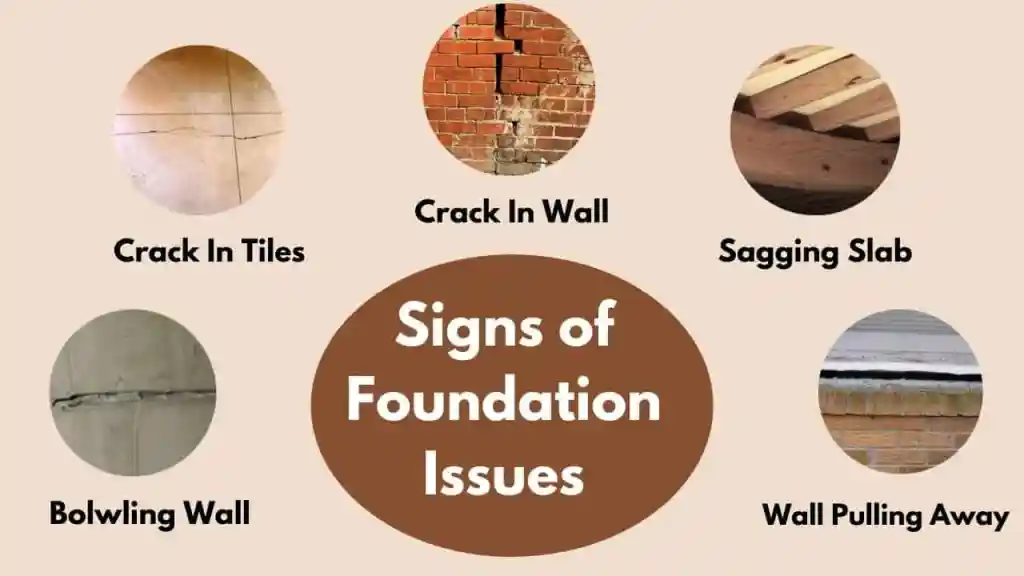
Recognizing the early signs of foundation problems can save homeowners from costly repairs down the line. Cracks in the exterior walls, floors, or the foundation itself are telltale indicators of structural issues. These fissures can vary in severity, but even small cracks can widen over time, signaling underlying problems. Doors and windows that no longer close properly may also point to foundation shifting, a common issue as buildings settle over time.
Inside the home, uneven floors and gaps between walls and ceilings can further indicate foundation distress. These symptoms often manifest gradually, making it easy for homeowners to overlook them until significant damage has occurred. Regular inspections can help identify these issues early, allowing for timely interventions. Ignoring such signs can lead to more severe structural damage, underscoring the importance of vigilance in foundation care.
The Impact of Environmental Factors

Environmental factors play a significant role in the health of your home’s foundation. Soil type and moisture levels can drastically affect the stability of a foundation, with certain soils expanding or contracting based on moisture, leading to movement and potential damage. Additionally, extreme weather conditions, such as droughts or floods, can exacerbate these effects, putting further stress on the foundation.
Seismic activity is another critical consideration, especially in areas prone to earthquakes. Foundations must be designed to withstand the movements caused by seismic waves to prevent catastrophic failure. The cumulative effect of these environmental factors can gradually undermine a foundation’s integrity, making it imperative for homeowners to understand and mitigate these risks through proper design, construction, and maintenance practices.
Preventative Measures for Foundation Maintenance
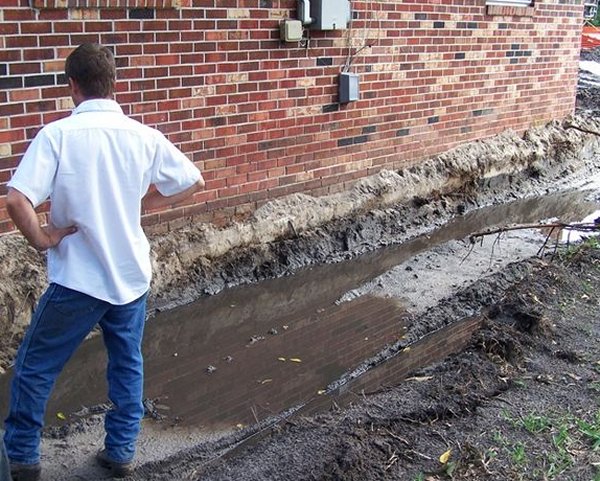
Preventive maintenance is key to extending the life of your foundation and avoiding costly repairs. Regular inspections play a pivotal role in this process, enabling homeowners to identify and address minor issues before they escalate. Look for signs of cracking, water damage, or uneven settling, which could indicate potential problems. Proper drainage is also crucial; water should always be directed away from the foundation to prevent erosion and water infiltration.
Landscaping and planting strategies can further protect your foundation by ensuring that soil remains stable and erosion is minimized. Plants with deep roots can help stabilize the soil, while proper grading ensures that water flows away from the home. Incorporating these preventive measures into your routine home maintenance can significantly enhance your foundation’s durability, safeguarding your home’s structural integrity for years to come.
Professional Assessment and Repair Options
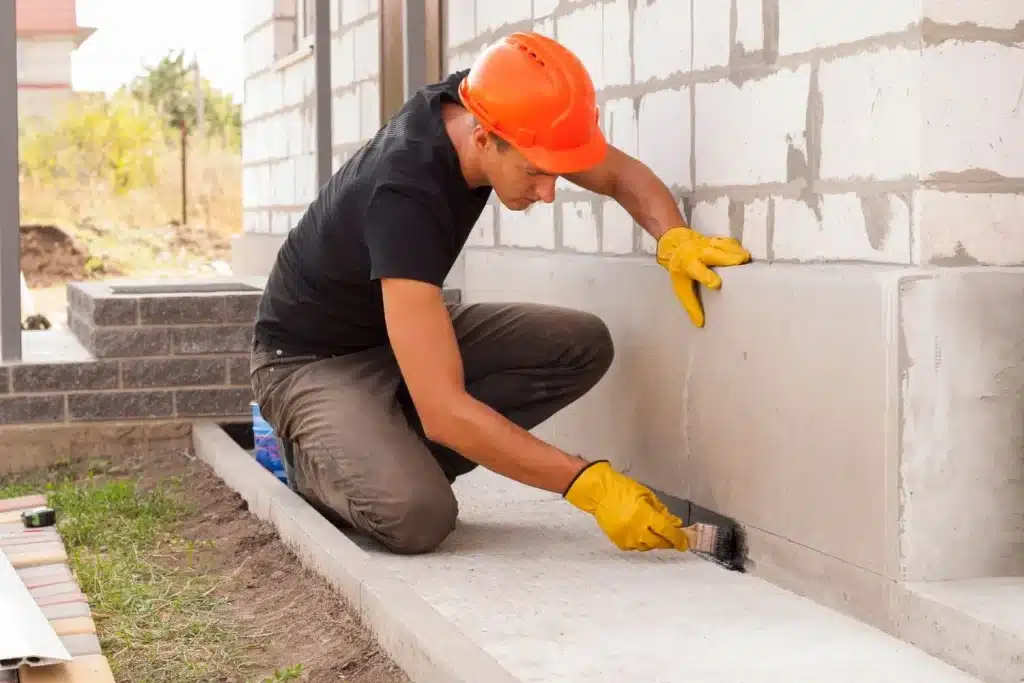
When foundation issues surpass the scope of basic maintenance or DIY fixes, seeking professional assessment becomes imperative. A reputable foundation repair company can offer a comprehensive evaluation, using specialized tools and expertise to diagnose the underlying causes of foundation problems. These professionals can distinguish between cosmetic and structural cracks, recommending appropriate repair methods tailored to your home’s specific needs. It’s crucial to select a company with a solid track record and positive customer reviews to ensure quality service.
Common repair methods include underpinning with piers to stabilize and lift the foundation to its original position, sealing cracks with epoxy or polyurethane foam, and hydraulic lifting to raise and support concrete slabs. The chosen repair strategy depends on the foundation type, the extent of the damage, and the soil characteristics of the property. Understanding these options and their associated costs can help homeowners make informed decisions, ensuring that repairs are both effective and economically viable.
DIY vs. Professional Repairs: Making the Right Choice
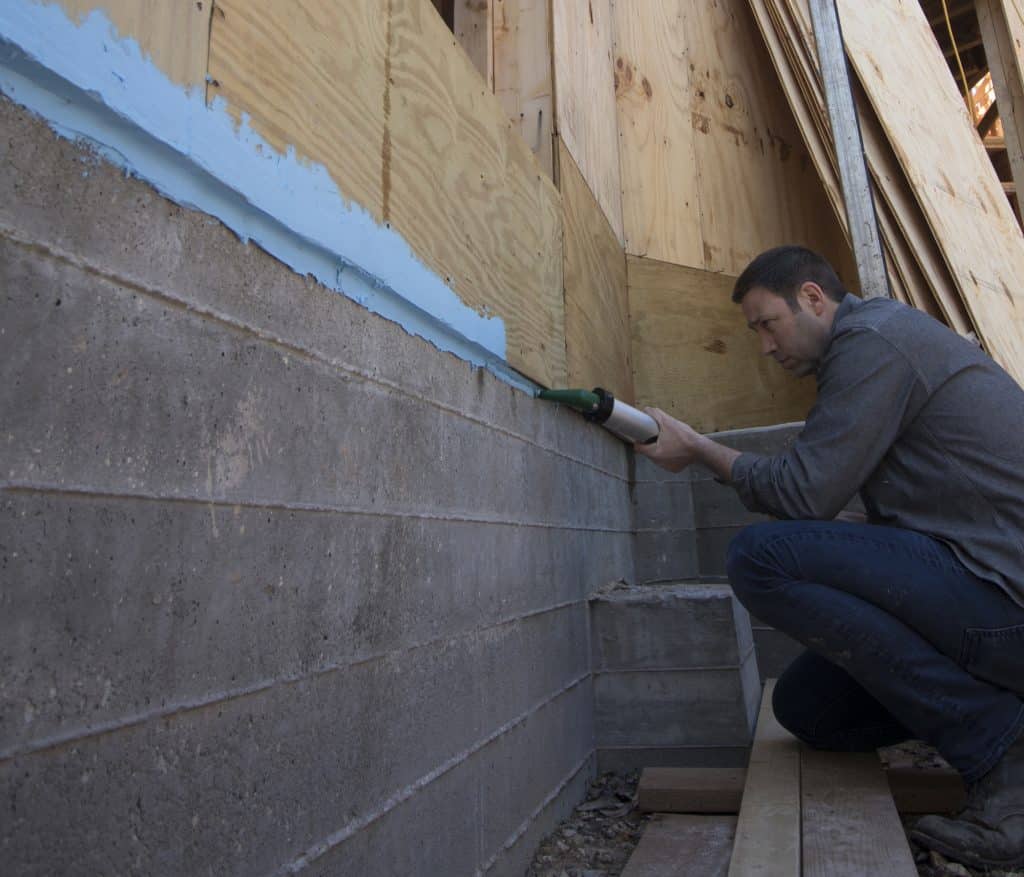
Deciding between DIY and professional repairs involves weighing the complexity of the issue, the potential risks, and the cost implications. For minor cracks that do not affect the structural integrity, homeowners might opt for DIY solutions, such as applying sealant or conducting simple waterproofing. These tasks require a basic understanding of foundation maintenance and a careful approach to avoid exacerbating the problem.
However, for significant issues that threaten the foundation’s stability, professional intervention is non-negotiable. Improper DIY repairs can lead to further damage, potentially compromising the home’s safety and significantly increasing repair costs in the long run. Professionals not only bring expertise and the right equipment but also offer warranties on their work, providing homeowners with peace of mind. Evaluating the severity of foundation problems and acknowledging when to call in experts is crucial for maintaining a safe and stable home.
Long-Term Foundation Care and Monitoring

Ensuring the longevity and safety of your home’s foundation requires ongoing care and monitoring. Homeowners should develop a routine maintenance checklist that includes inspecting the foundation for new or expanding cracks, monitoring moisture levels around the foundation, and ensuring that drainage systems remain clear and functional. Small, regular investments in foundation care can prevent major repairs in the future, preserving the structural integrity of your home.
Technology offers new tools for foundation monitoring, including sensors that can detect shifts in the foundation and moisture meters to measure soil water content. Incorporating these tools into your home maintenance routine can provide early warnings of potential problems, allowing for prompt corrective action. Staying vigilant and proactive in foundation care not only protects your investment but also ensures a safe living environment for you and your family.
Lay the Groundwork for Lasting Home Health
The foundation is the cornerstone of your home’s safety and structural integrity, requiring careful attention and maintenance. By understanding the different types of foundations, recognizing the signs of problems, and acknowledging the impact of environmental factors, homeowners can take proactive steps to protect their foundations. Whether through DIY measures or professional repairs, the key is to address issues early and effectively. Regular maintenance and monitoring are indispensable for ensuring the long-term health of your foundation. With the proper knowledge and actions, maintaining a safe and stable foundation is an achievable goal, providing peace of mind and securing your home’s future.
